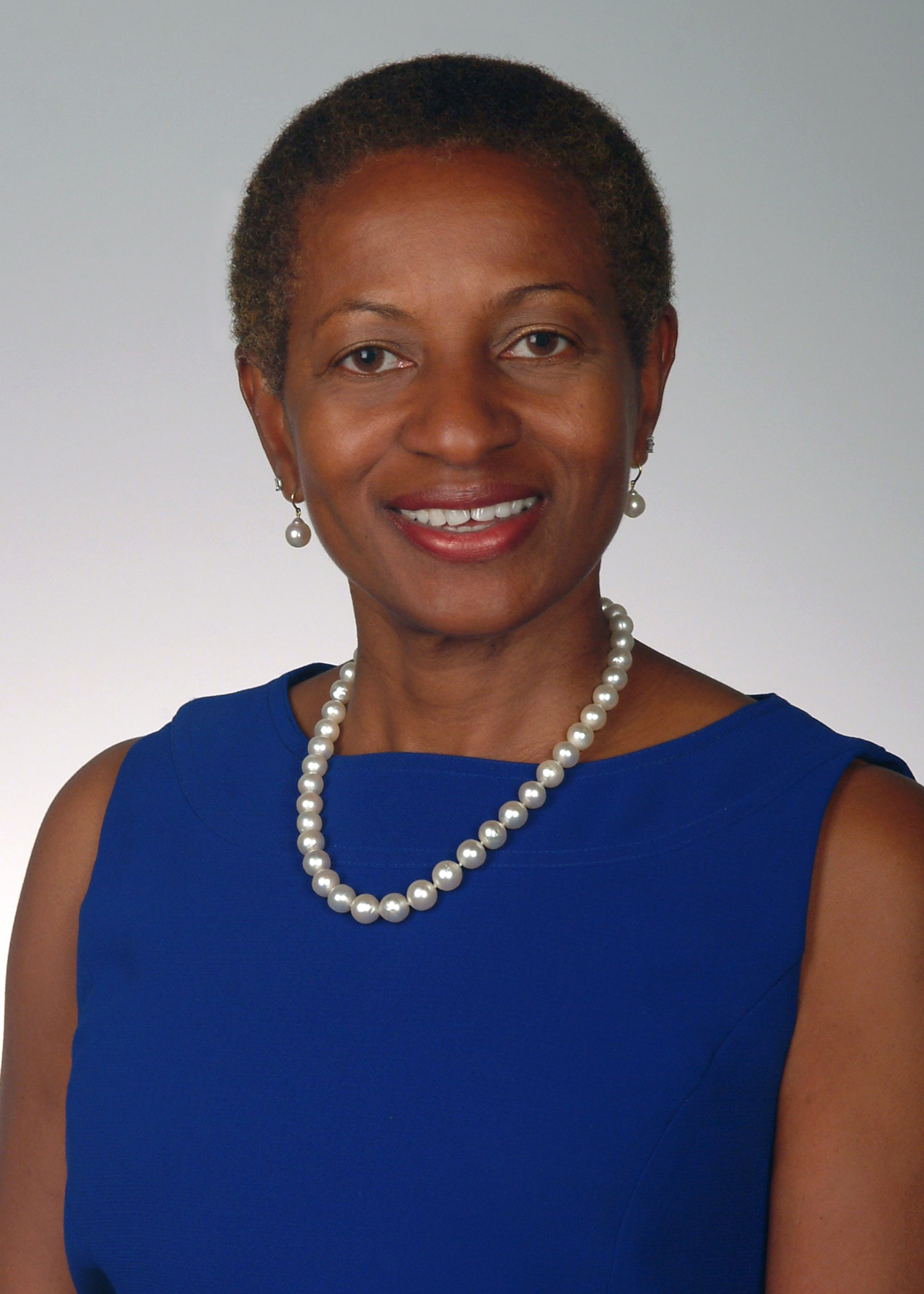 On March 8, women all over the world recognized International Women’s Day, a time to celebrate the accomplishments of women, past and present, as well as to acknowledge the distance to equality that remains to be traversed. At UAB School of Medicine, the Office for Diversity and Inclusion recognized this landmark day with a Women in Medicine Lecture and Luncheon, featuring Dr. Deborah Deas.
On March 8, women all over the world recognized International Women’s Day, a time to celebrate the accomplishments of women, past and present, as well as to acknowledge the distance to equality that remains to be traversed. At UAB School of Medicine, the Office for Diversity and Inclusion recognized this landmark day with a Women in Medicine Lecture and Luncheon, featuring Dr. Deborah Deas.
Deas is Senior Associate Dean for Medical Education and Professor in the Department of Psychiatry and Behavioral Sciences at the Medical University of South Carolina (MUSC). She has served as the interim Dean of the MUSC CollegeDeborah Deas of Medicine since September 2014. Dr. Deas played a pivotal role in the development of the MUSC Strategic Plan for Diversity which was launched in 2002. The lecture and luncheon was for faculty members in the School of Medicine and was held at the UAB National Alumni Society House, on Tuesday, March 8.
In her remarks, Dr. Deas highlighted not only the collective journey of women in the medical professions, but the individual path that each women would forge as well. While emphasizing important gains toward equality achieved by women in society at large and the medical professions in particular, she remarked on gaps in compensation and representation which still exist for women. She discussed the particular challenges faced by women as they confronted the necessity of crafting a work-life balance, as well as the systemic obstacles to rising through the ranks of academic medicine. She concluded her remarks on a note of hope, encouraging women to care for themselves and to pursue their greatest aspirations.
International Women’s Day was officially launched in 1909, following spontaneous strikes by garment workers in New York City. Women workers walked out of the Triangle Shirtwaist Factory in protest of harsh working conditions and poor pay, championing the slogan, “We’d rather starve quick than starve slow.” The strike was only partially successful; a settlement returned the women to work. In 1911, a fire at the same factory killed 146 shirtwaist makers, most of them young immigrant women, and electrified political response. More than 100,000 people marched in the funeral procession for the workers.
International Women’s day became a platform for demanding women’s right to vote and hold public office, to receive vocational training, and end job discrimination. During the First World War, it also served as a mechanism to argue for peace. Although recognized annually by women throughout the world, it was not until 1975 that the United Nations formally began celebrating International Women’s Day on March 8. This celebration was formalized by a 1977 UN resolution.
This global celebration takes on a particular meaning for the UAB School of Medicine, as the Office for Diversity and Inclusion focuses attention on gender equity in the medical professions. “Pledge for Parity” is the theme of the 2016 International Women's Day, which parallels the commitment of the Office for Diversity and Inclusion to advance excellence through diversity, inclusion, and equity.